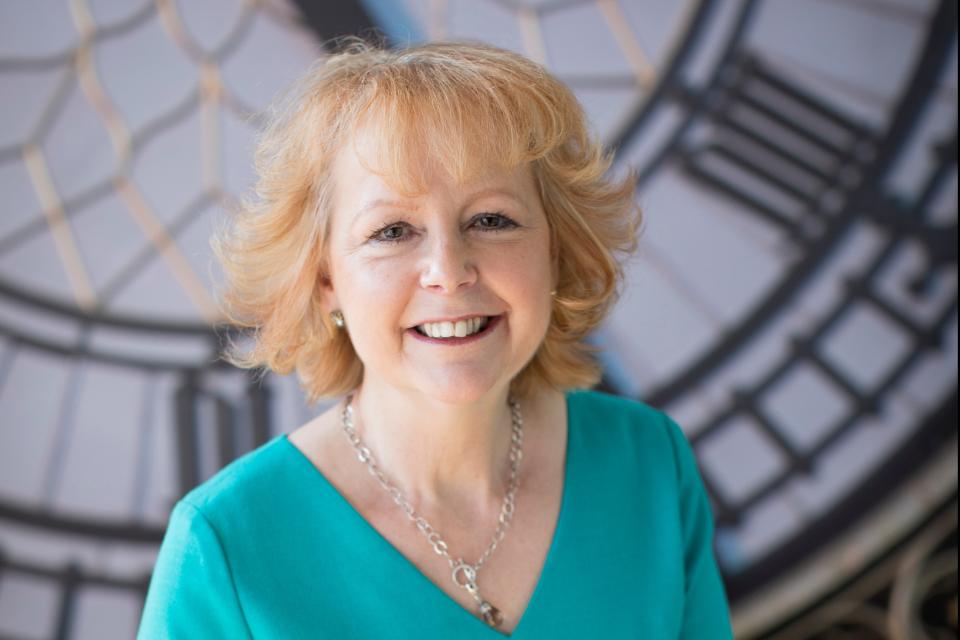Young London SOS: Teachers trained to spot danger signs in post-lockdown teenagers

Julia Harrington, head of the £25,000- a-year Queen Anne’s school in Caversham
(Handout)A headteacher who launched a research centre to better understand how teenagers’ brains work is training teachers to spot signs of Covid anxiety in their pupils.
Julia Harrington, head of the £25,000- a-year Queen Anne’s school in Caversham, said teenagers’ brains have been worst affected by the pandemic and lockdown because they are at a crucial stage of development.
Adolescents who should have been naturally separating from their parents and forming new relationships with friends have been unable to do so during the lockdown, she said.
Teachers should look out for pupils who are distancing themselves from friends, becoming unusually quiet or losing concentration, she said, because if problems are not dealt with early they can become embedded and last into adulthood.
Her initiative comes as our Young London SOS campaign highlights the mental health crisis that has hit young people.
Called Brain Can Do, her educational neuroscience and cognitive psychology research centre specialises in understanding the adolescent brain.
She has launched a Covid-anxiety workshop to help teachers spot signs of worry and nerves in teenagers and explain what is happening in their brains.
The centre has already carried out research into the impact of music on the brain and how later lie-ins for teenagers can help their well-being and academic performance.
Mrs Harrington said: “Adolescence is a period of brain development when the brain is more vulnerable to mental health issues. Moving parts break — and that is why the anxiety that adolescents have experienced during Covid has had an impact.
“The adolescent brain is going through its second phase of change. The emotional part of the brain is much more active than the cortex which is the part of the brain that says ‘Calm down, it’s going to be okay’.”
She added: “The adolescent brain craves peer-to-peer relationships. It is when the sense of self is developing and when the sense of agency and self-esteem develop. Adolescents want to be with their friends, they are separating from their parents and trying to work out who they are.”
Mrs Harrington added that social media has more of an impact on teenagers’ self-esteem than other age groups. She said: “They haven’t had the connectedness to mediate some of the downside of having to communicate through social media.”
It means the pandemic has created a “perfect storm” for adolescents, when their brains are changing but they have been robbed of the things that normally help them manage the changes, she said. The situation has been made worse by school closures because teachers who normally pick up on the signs of problems have not been able to.
She said a strong family unit around a teenager can help protect their mental health. She advised parents to be honest with their children, avoid catastrophising, but do not “over-reassure” them. She said: “Kids are listening to the news all the time. They know what’s going on.”
More than 11 private schools have run their Covid-anxiety workshops. Mrs Harrington is seeking funding to enable them to be rolled out to all state schools.
Donate today
You can support the Young London SOS campaign by donating to Place2Be HERE
Read More
Young London SOS: Surf therapy helps boost London youngsters struggling in lockdown
Young London SOS: Meltdowns and silent tears … but now we have our daughter back at last
Young London SOS: Sadiq Khan must do more, says London Assembly as it backs our campaign

 Yahoo Movies
Yahoo Movies 